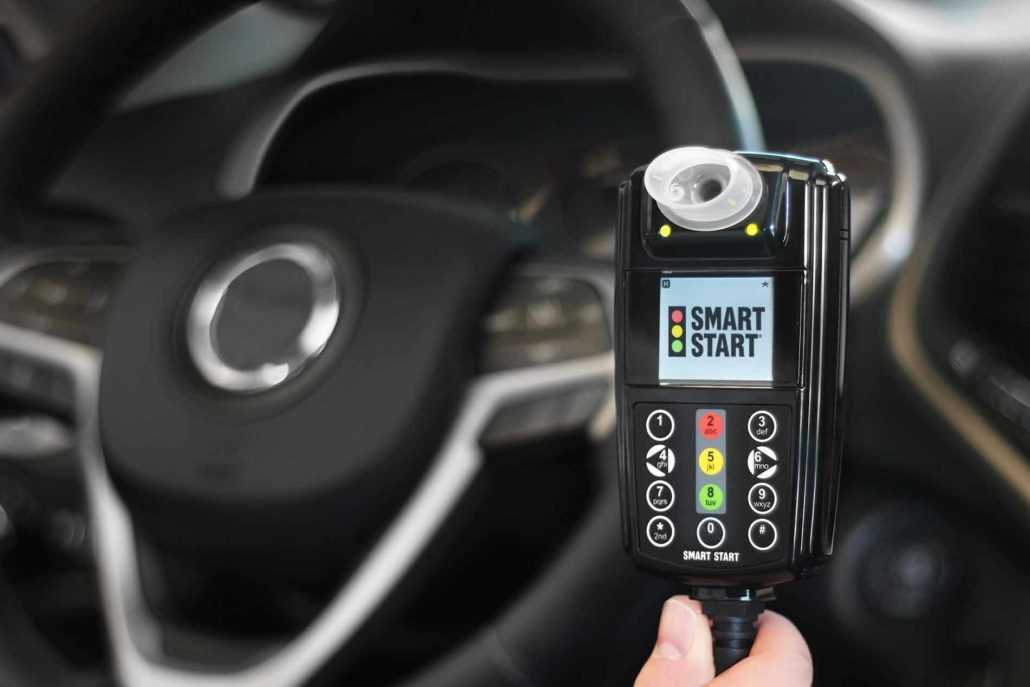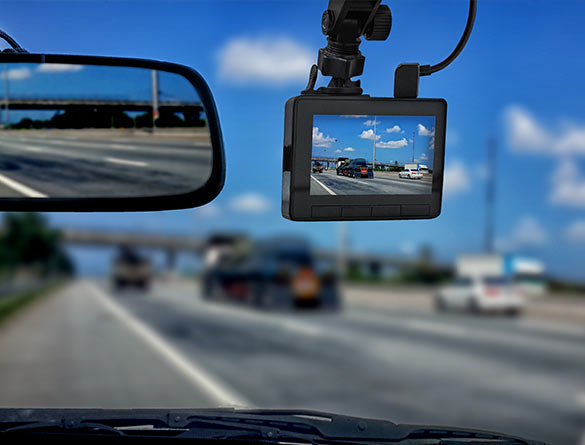If you’ve been arrested—or even just pulled over—for impaired driving, your first thought might be, “is DWI worse than DUI?” It’s a common question, and the answer isn’t as cut-and-dry as people think. In fact, the difference between a DUI and a DWI often depends on where you live, how impaired you were, and whether you’ve had run-ins with the law before.
But let’s not just skim the surface. This isn’t a list of definitions—it’s a breakdown of real consequences, told through real stories, legal insight, and the kind of plain-English explanations you won’t find in a statute book. If you’re trying to understand what’s at stake—or help someone else who’s facing charges—this guide is here to give you clarity.
We’re diving into the heart of the question: is DWI worse than DUI, and what does that really mean for your future?

Understanding the Acronyms: What Is a DWI vs. What Is a DUI?
Let’s start with the basics. What do DWI and DUI even stand for?
- DWI: Driving While Intoxicated
- DUI: Driving Under the Influence
They sound similar, but depending on the state, these charges can carry very different meanings—and different penalties. In some states, DWI and DUI are used interchangeably. In others, they represent two distinct levels of impairment.
The Texas Twist
Take Texas, for example. In the Lone Star State:
- DWI is the charge used when someone 21 or older is caught driving with a BAC of 0.08% or higher, or if they’re noticeably impaired due to alcohol or drugs—even without a chemical test.
- DUI, on the other hand, is a charge specific to minors—anyone under 21 driving with any detectable amount of alcohol in their system.
So, in Texas, when you ask “is DWI worse than DUI?”, the legal answer is almost always yes. DWI is the adult, criminal charge. DUI is more of a Class C misdemeanor, similar to a traffic ticket—but it can still carry serious consequences.
Other States, Other Rules
Not all states handle the distinction this way. In California, for example, the law generally refers to impaired driving as DUI—regardless of the substance or age. Meanwhile, in New York, DWI refers to higher-level offenses, while DWAI (Driving While Ability Impaired) may cover lesser cases.
The takeaway? The meaning of is DWI worse than DUI really depends on the laws of your state.
Real-Life Example: One Mistake, Two Outcomes
Let’s say two friends—Jake and Daniel—are pulled over in two different states on the same night. Jake is in Texas, and Daniel is in Pennsylvania. Both had a couple of beers, and both blow a 0.08 on the breathalyzer.
- In Texas, Jake gets charged with DWI, a Class B misdemeanor. He could face up to 180 days in jail, a license suspension, and thousands in fines.
- In Pennsylvania, Daniel is charged with a tiered DUI, which may come with lesser penalties for a first-time offense and even eligibility for an ARD (Accelerated Rehabilitative Disposition) program to keep his record clean.
Same BAC, different charges, different consequences. So when someone asks “is DWI worse than DUI?”, Jake’s story shows that the answer depends entirely on location and law.
Which Charge Carries Harsher Penalties?
Now let’s dig into what everyone really wants to know: when it comes to punishment, is DWI worse than DUI?
DWI Penalties in Most States
- Higher fines (often $2,000+ for a first offense)
- Mandatory jail time, even for first offenses in some jurisdictions
- Longer license suspensions (up to 2 years)
- Possible felony classification for repeat offenses
- Required ignition interlock devices

DUI Penalties in Most States
- Lower fines (typically under $1,000 for first offenses)
- Community service or probation instead of jail
- Shorter license suspensions
- Greater opportunity for diversion programs
The Legal View
Courts often treat DWI as a more serious offense than DUI because DWI usually reflects a higher level of intoxication or impairment. In many jurisdictions, a DWI implies someone was clearly incapable of operating a vehicle safely, whereas DUI might allow for a more nuanced argument (like impairment by medication or a BAC just above zero).
So, if you’re asking is DWI worse than DUI from a punishment standpoint—the answer is usually yes.
How Law Enforcement Decides Between a DUI and DWI
Police officers don’t just rely on breath tests. Their decisions are often based on behavior, appearance, and performance on field sobriety tests.
Signs Officers Look For:
- Slurred speech
- Bloodshot eyes
- Poor coordination or balance
- Admission of drinking or drug use
- Failed roadside tests
In some states, even prescription medication that impairs your driving can lead to a DWI charge. That includes anti-anxiety meds, sleep aids, and even over-the-counter allergy pills.

So the answer to is DWI worse than DUI also hinges on the kind of substance involved—and how much it affects your ability to drive safely.
Can You Be Charged With Both?
This is where it gets even more confusing. In states that separate DUI and DWI by substance—say, alcohol vs. drugs—it’s possible to be charged with both if you’re impaired by a mix of alcohol and prescription drugs.
In practice, though, prosecutors usually choose the charge with more serious penalties, and judges sentence accordingly. Still, being charged with both could increase your odds of harsher penalties.
When asking is DWI worse than DUI, remember that multiple charges can stack consequences—especially when drugs enter the equation.
What Happens to Your Driving Record?
Whether it’s a DWI or DUI, your driving record will take a hit. But again, the damage often depends on the charge and the state.
DWI Convictions:
- Stay on your record for 5–10 years in most states
- May count as a prior offense forever in some states (like Texas)
- Lead to automatic insurance rate increases
- Can trigger professional license reviews (teachers, nurses, CDL holders)
DUI Convictions:
- May be eligible for expungement in some states
- Often carry shorter record durations (2–5 years)
- May not disqualify you from driving jobs if expunged
So when someone asks, “is DWI worse than DUI when applying for a job?”, the answer is yes—especially if that job requires driving, caregiving, or handling sensitive information.
Long-Term Consequences: Beyond the Fines and Jail Time
Here’s what people don’t always think about when considering is DWI worse than DUI: the lasting damage a conviction can cause.
Employment
A DWI conviction may:
- Prevent you from passing background checks
- Disqualify you from government jobs or military service
- Damage your reputation with current employers
Education
Many schools require disclosure of criminal convictions. A DWI or DUI can:
- Impact scholarship eligibility
- Affect college admissions
- Disqualify students from studying abroad
Immigration
If you’re a non-citizen, a DWI is far more serious than a DUI. In some cases, it can result in visa revocation, green card delays, or even deportation proceedings.
Real Story: The CDL Driver Who Lost It All
Sam worked hard to get his Commercial Driver’s License (CDL) and landed a solid job with a shipping company. One night, he went out to celebrate his birthday and drove home. He was arrested with a BAC of 0.08%—just at the legal limit.
Because of his CDL status, he faced a DWI charge, not just an administrative license suspension. His employer let him go, and he couldn’t get hired again with the DWI on his record. For Sam, the question “is DWI worse than DUI?” wasn’t academic—it was life-changing.
First-Time Offenders: Does the Type of Charge Matter?
Absolutely. First-time offenders often hope for lighter sentences or diversion programs. In many states, a DUI charge is more likely to qualify for:
- Deferred adjudication
- Dismissal after probation
- Expungement
On the other hand, first-time DWI charges often come with mandatory fines, counseling, license restrictions, and ineligibility for expungement—especially if there was an accident or high BAC involved.
So for those wondering is DWI worse than DUI for a first offense, the difference could mean the line between a permanent record or a second chance.
How to Fight a DWI or DUI Charge
Regardless of the charge, building a strong defense is key. A criminal defense attorney can:
- Challenge the traffic stop
- Contest the accuracy of field sobriety and chemical tests
- Negotiate for reduced charges or pre-trial diversion
- Question the officer’s training or dashcam footage

A good lawyer won’t just fight the charge—they’ll fight to protect your future.
Final Thoughts: So, Is DWI Worse Than DUI?
The short answer: yes, in most cases, DWI is worse than DUI. It typically involves higher impairment, carries stiffer penalties, and is harder to expunge. But the long answer depends on where you live, the circumstances of the stop, and whether you’ve faced similar charges before.
If you or someone you know has been arrested, don’t get stuck in the weeds of acronyms. Whether it’s a DUI or DWI, both can derail your life—but both can also be defended with the right strategy.
Understanding the legal difference is the first step. Taking action with confidence and clarity? That’s what will shape the rest of your journey.

